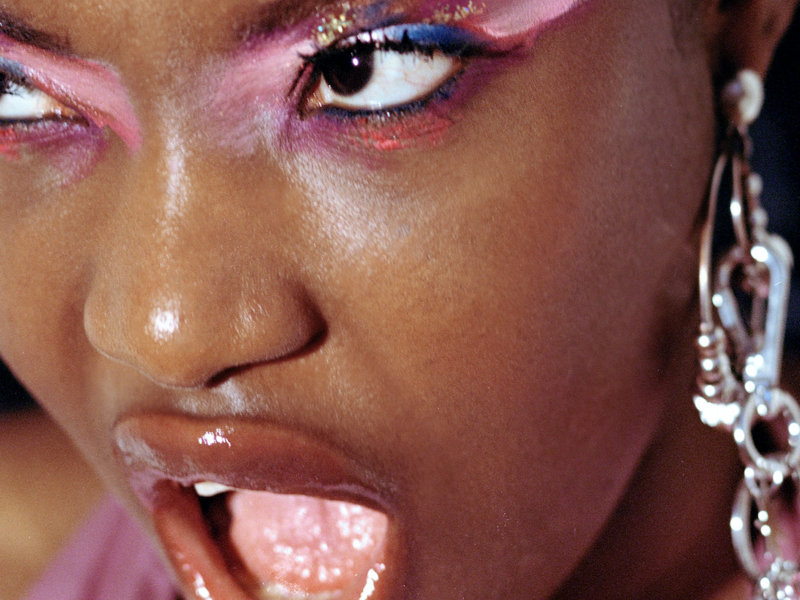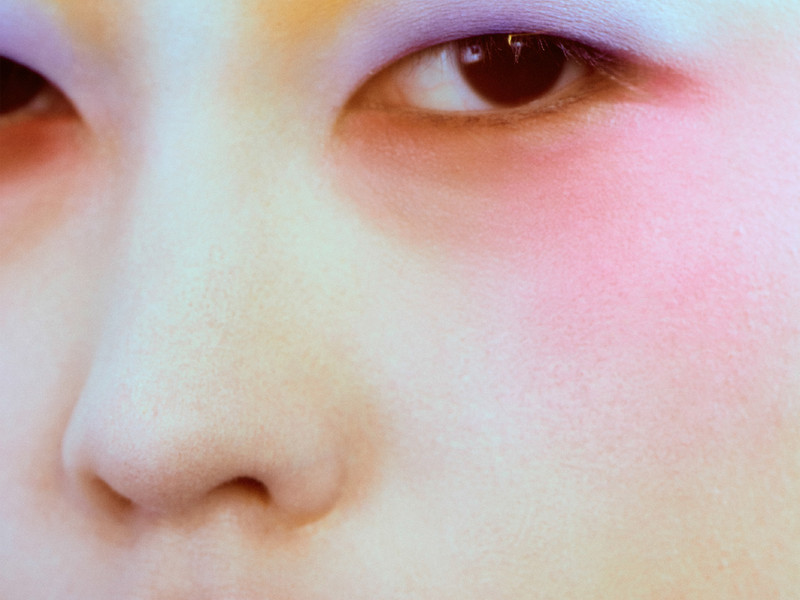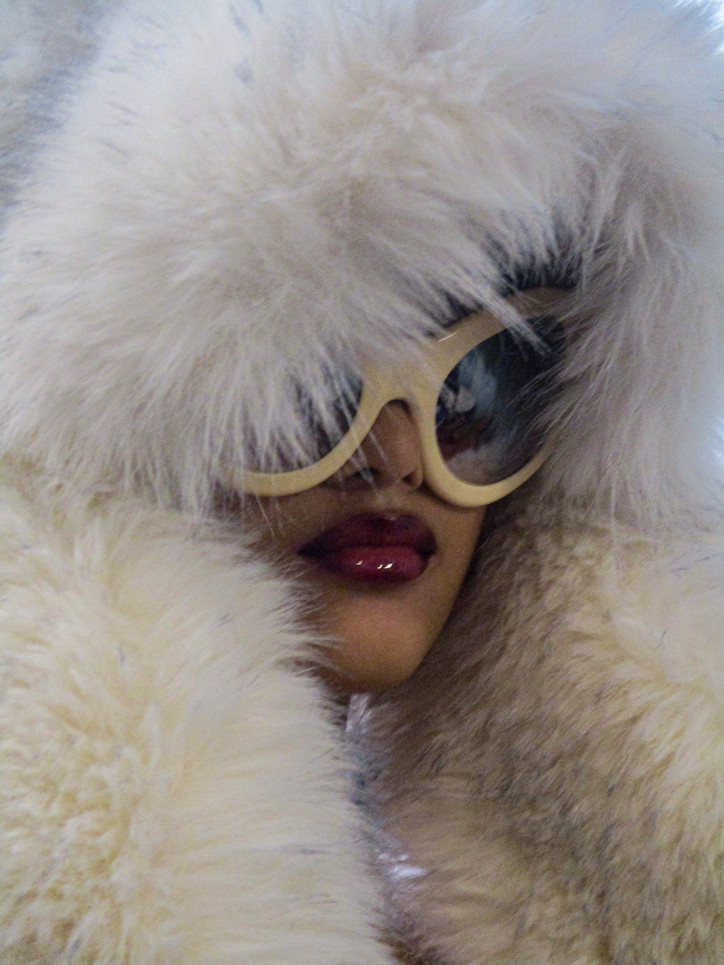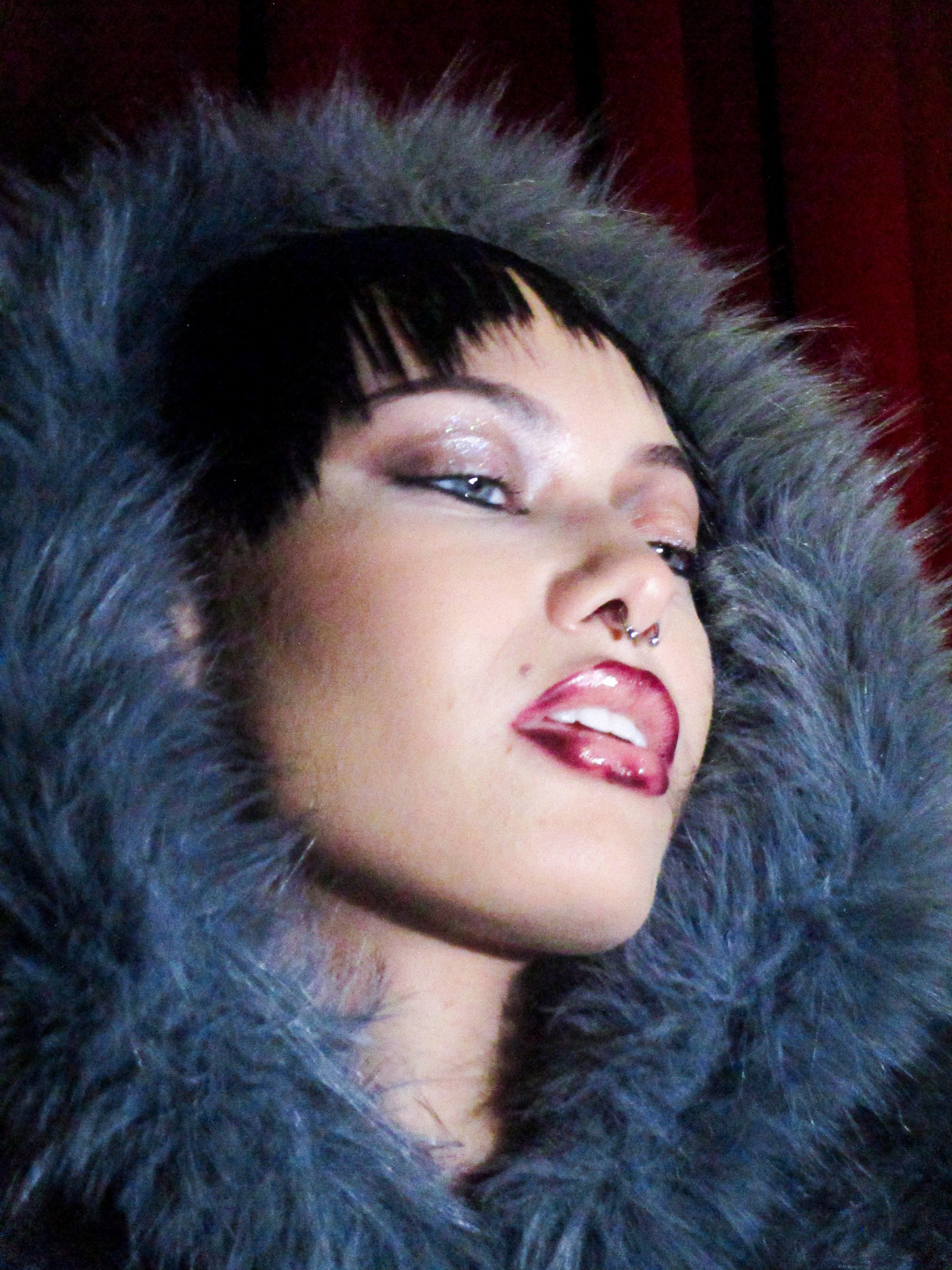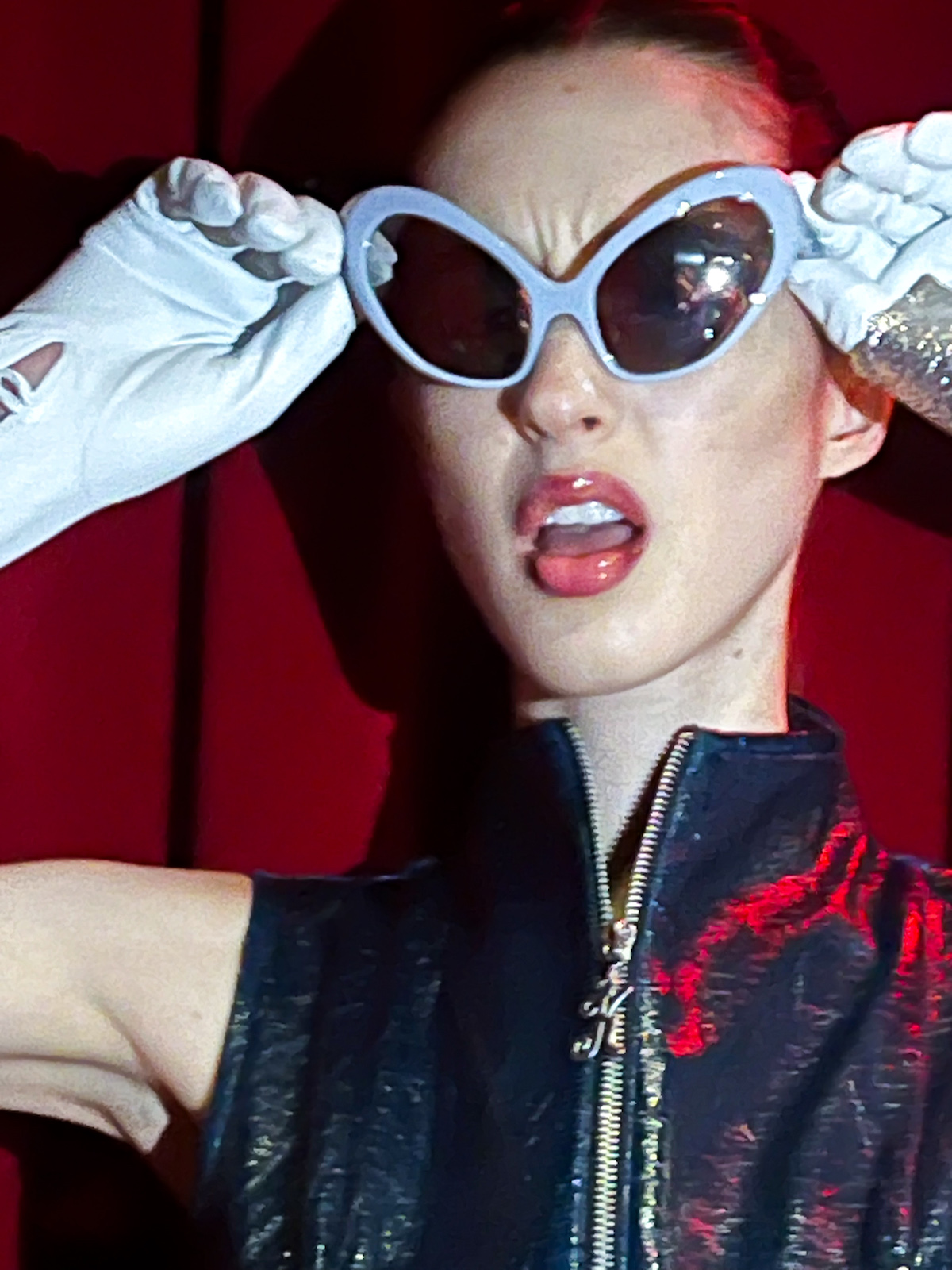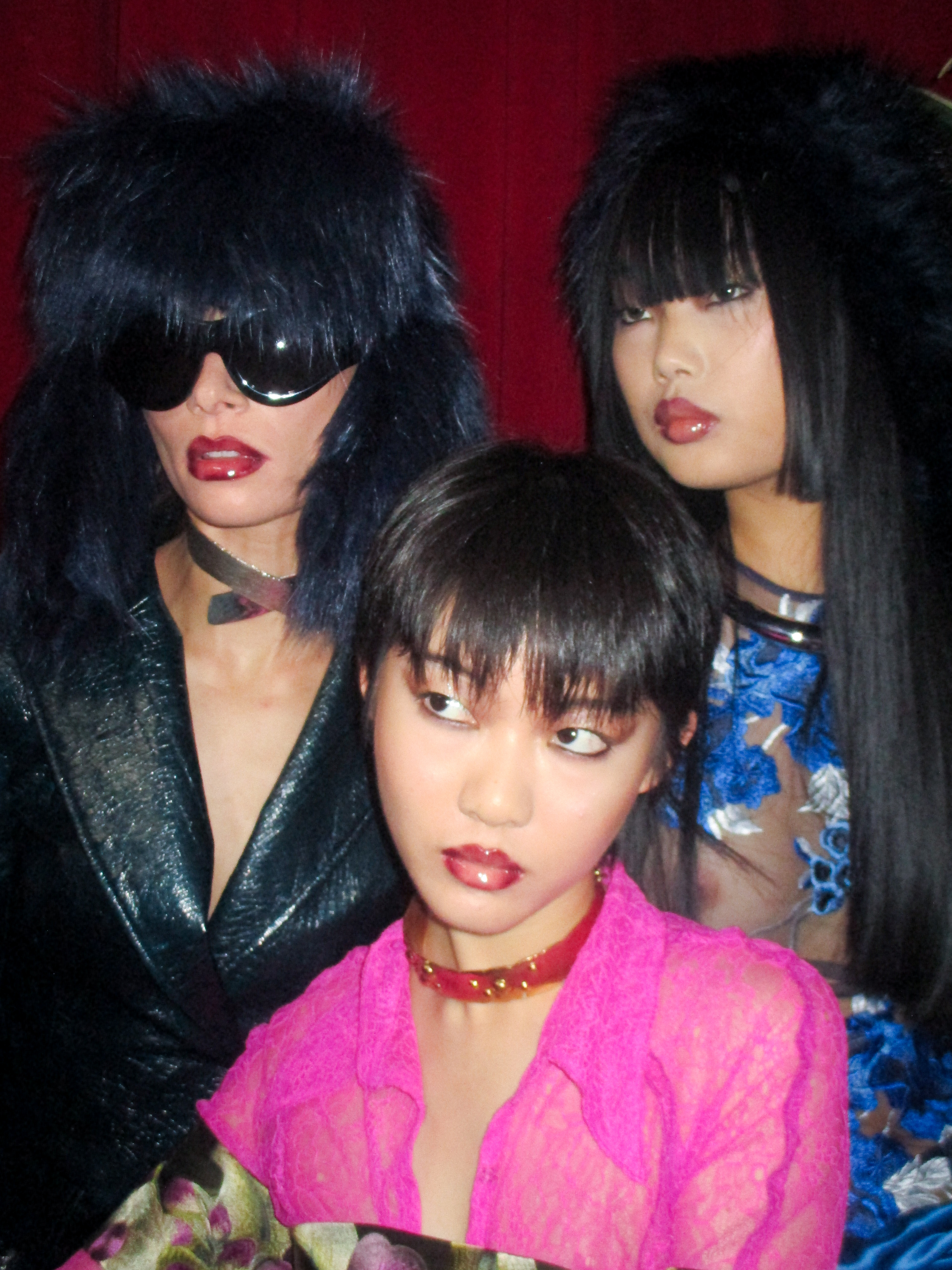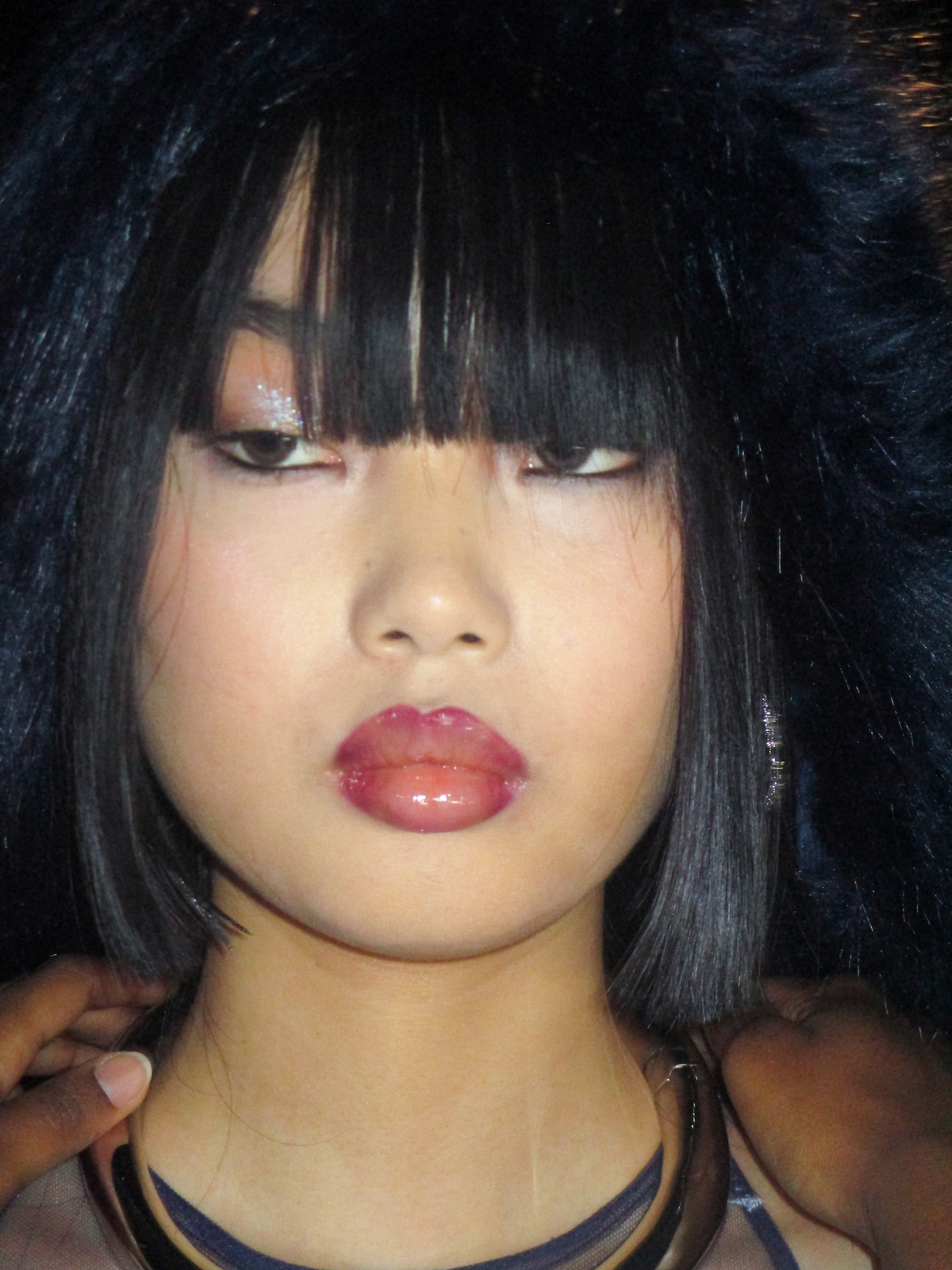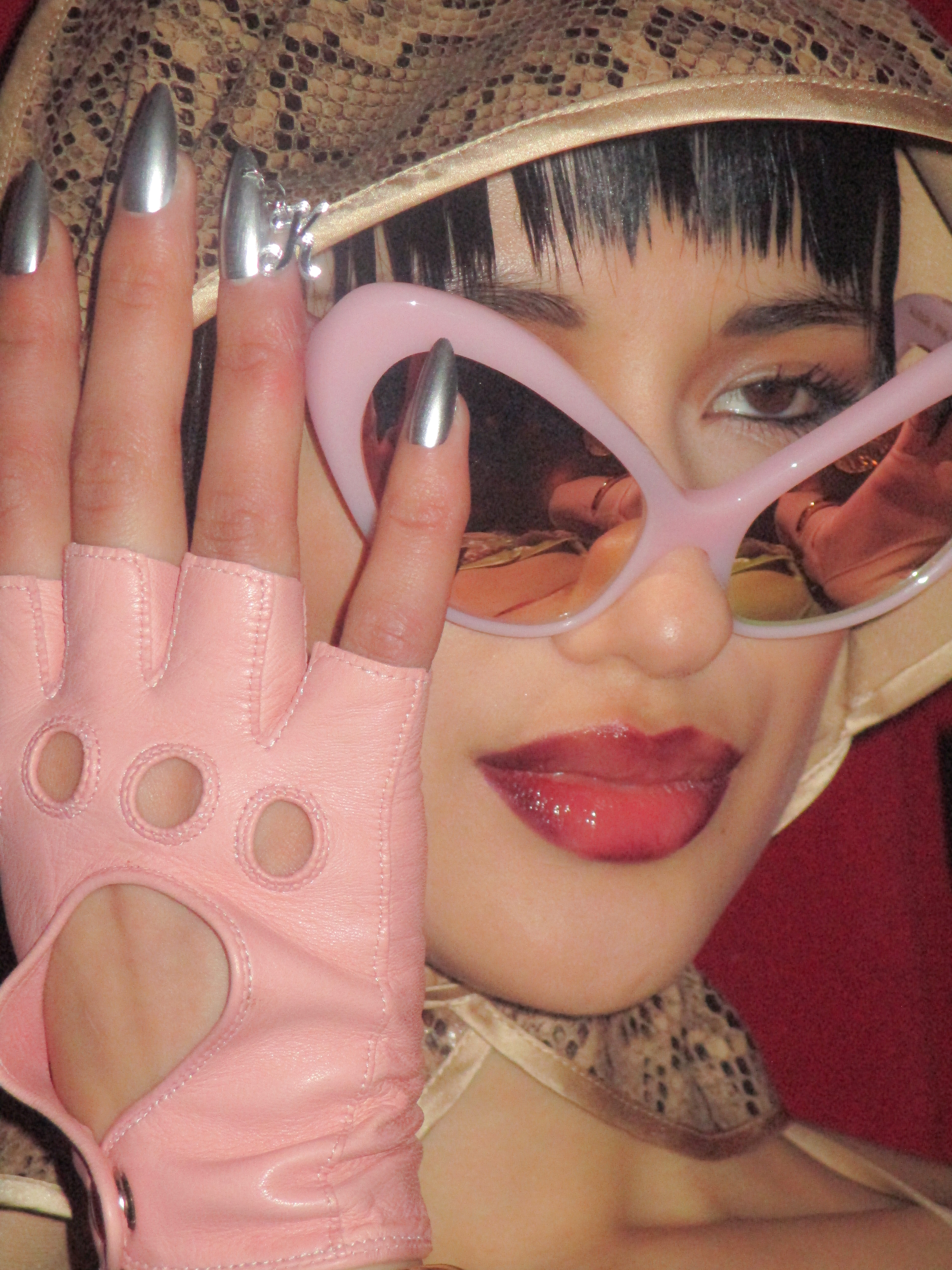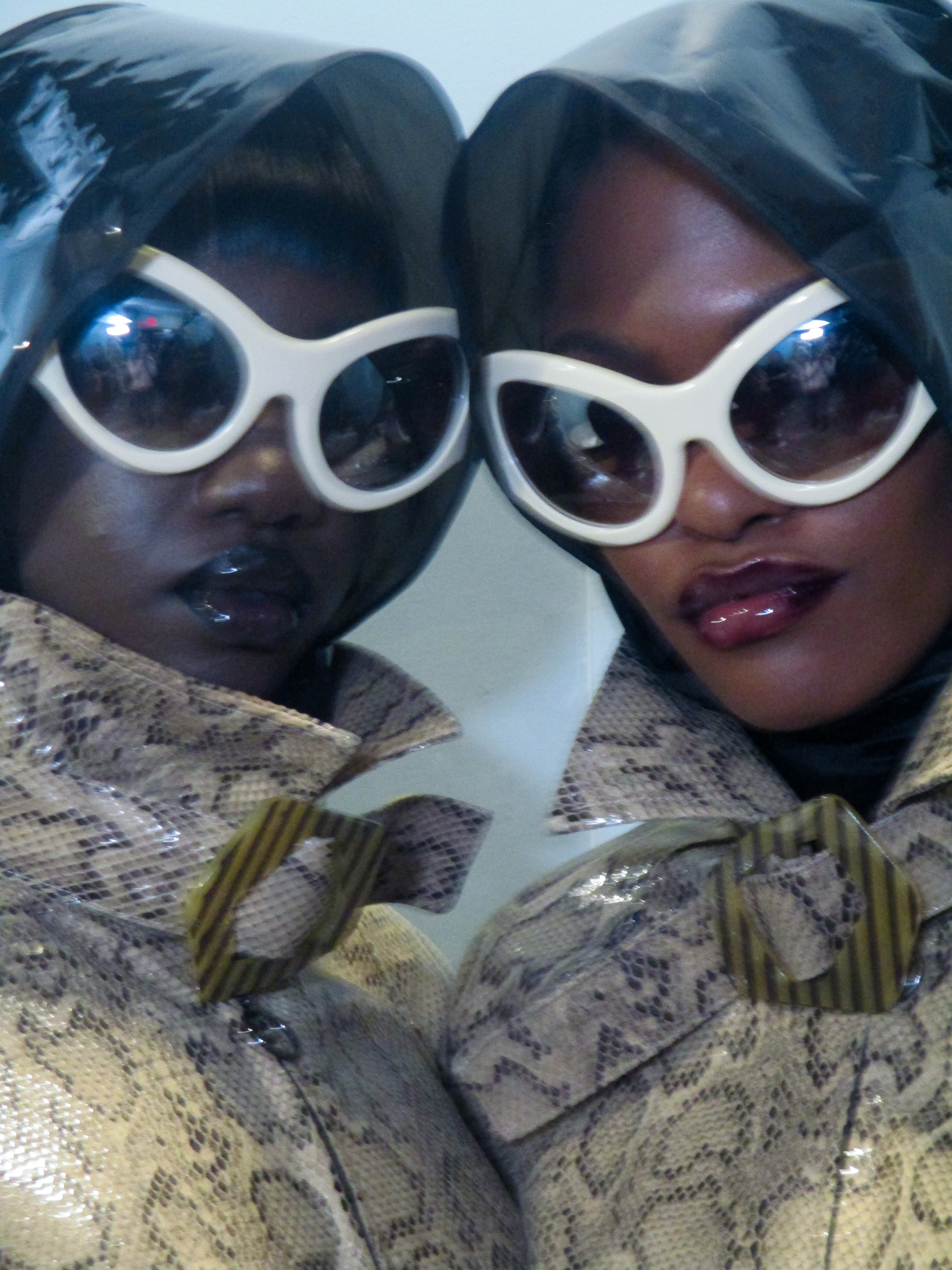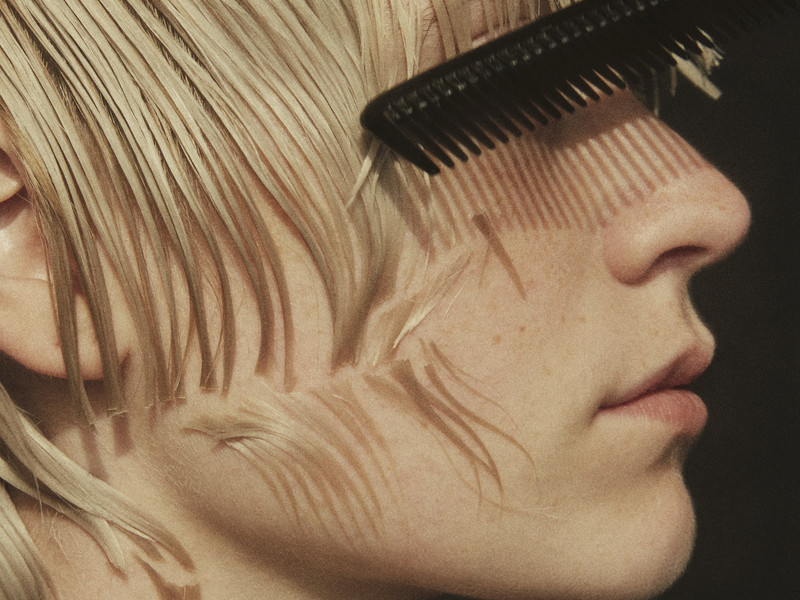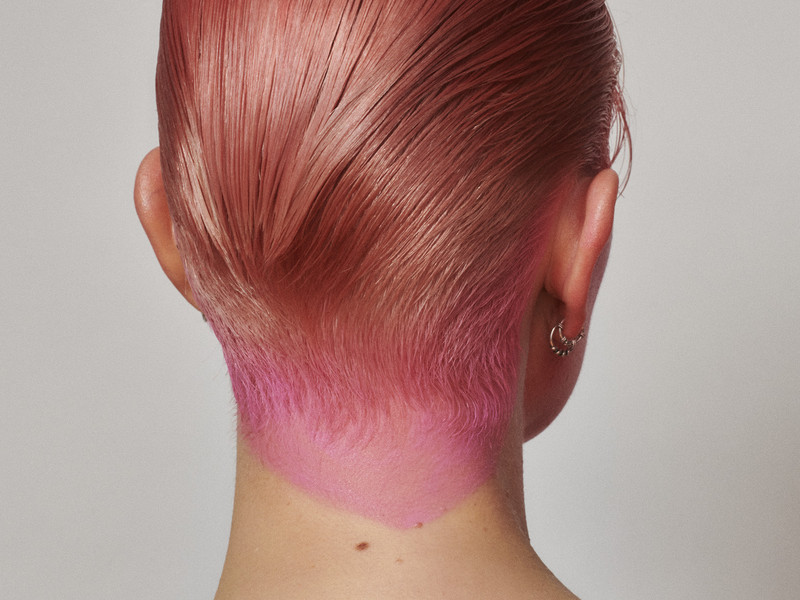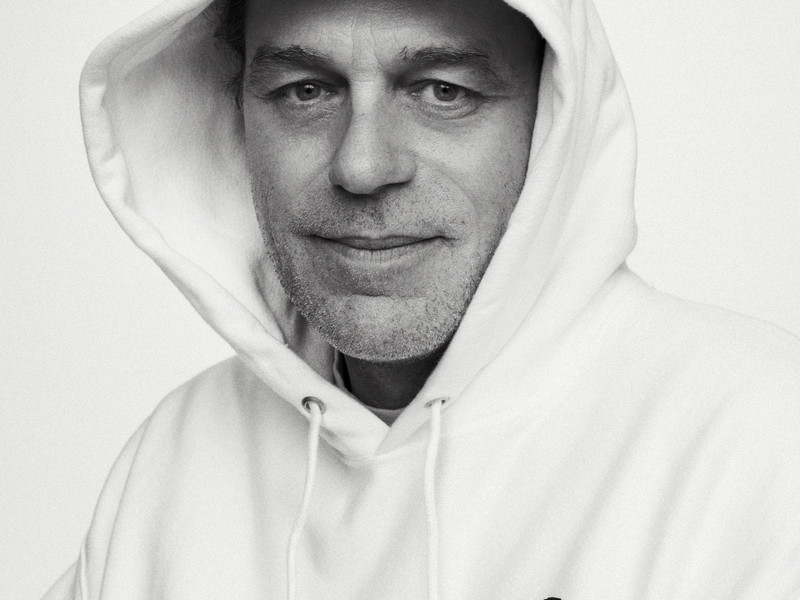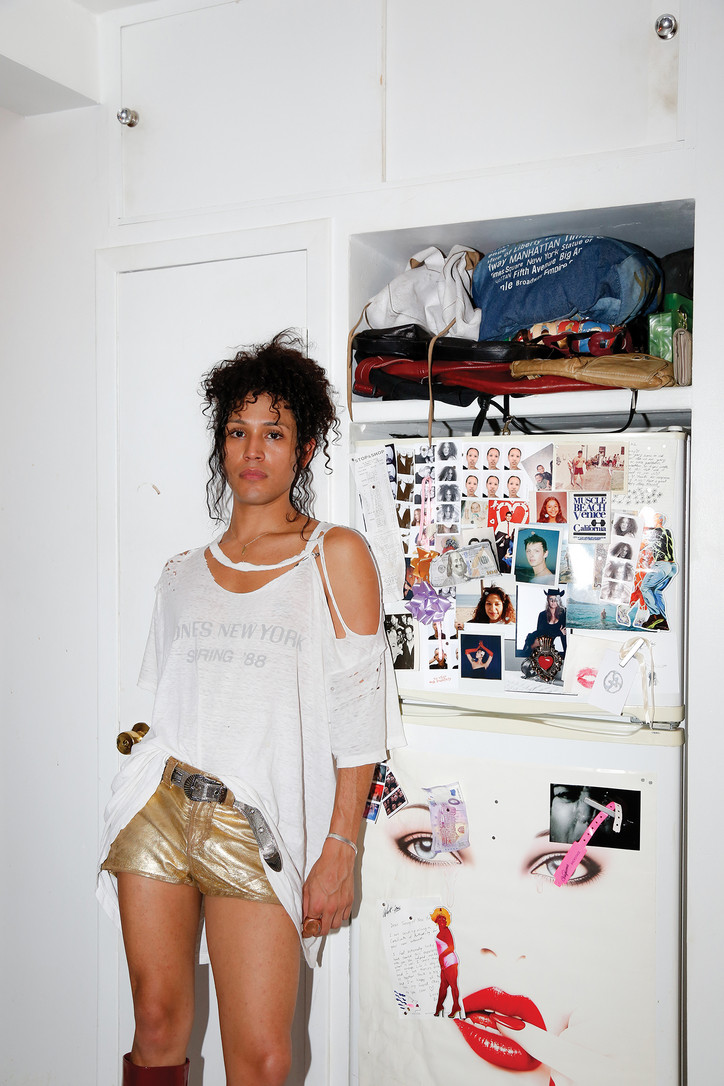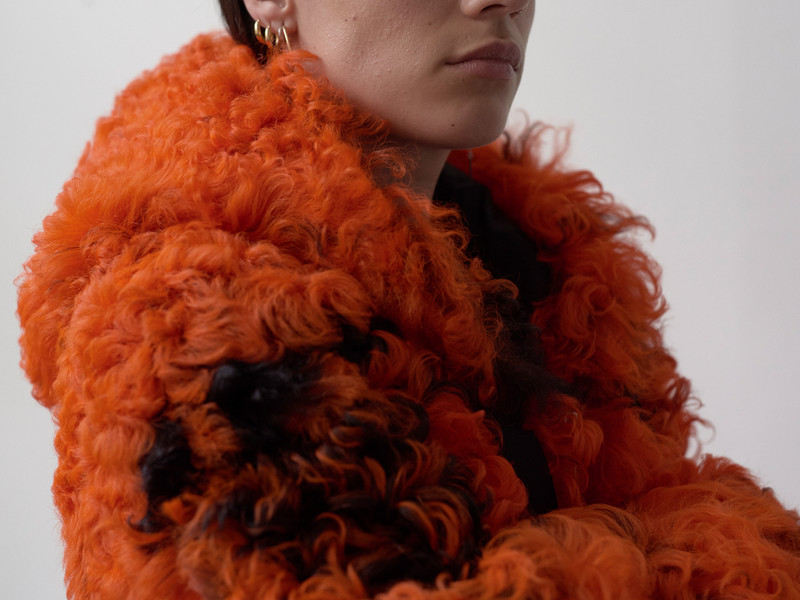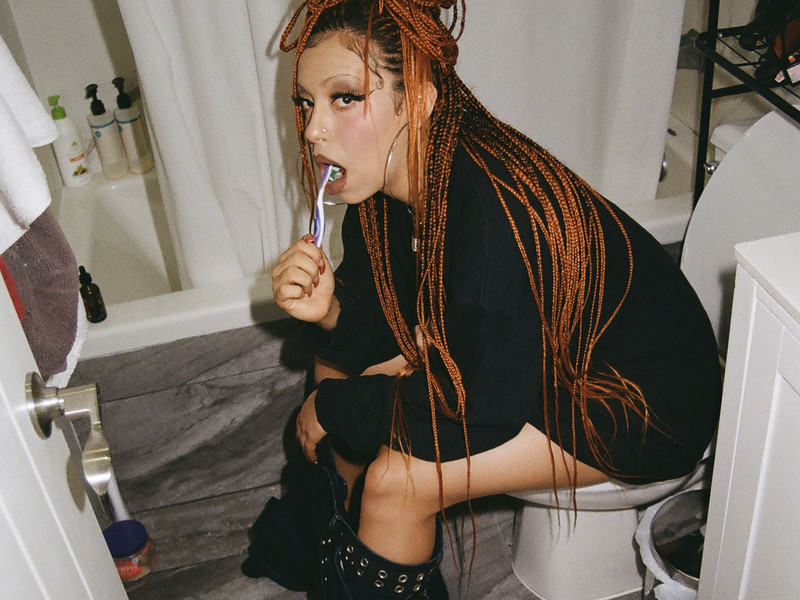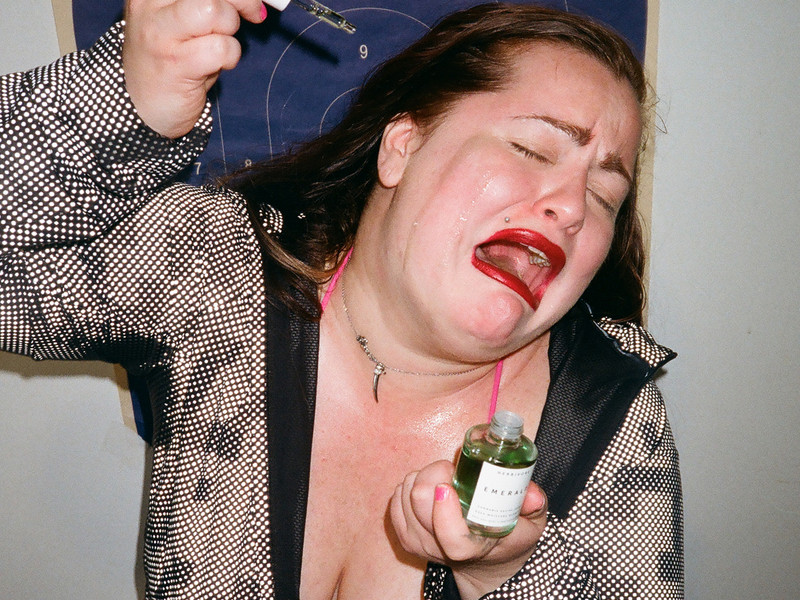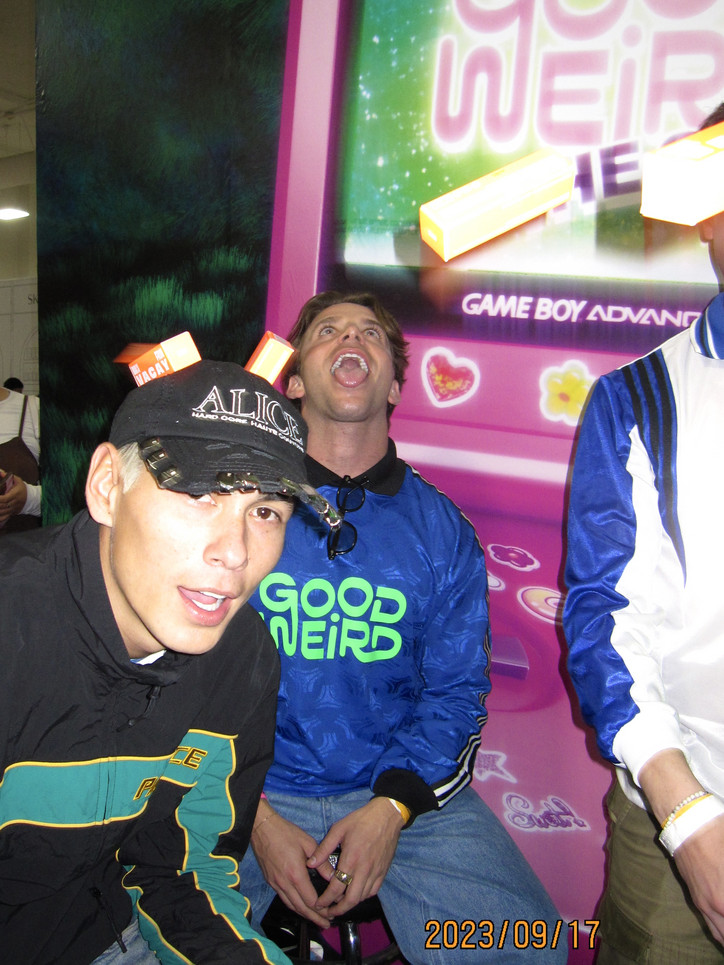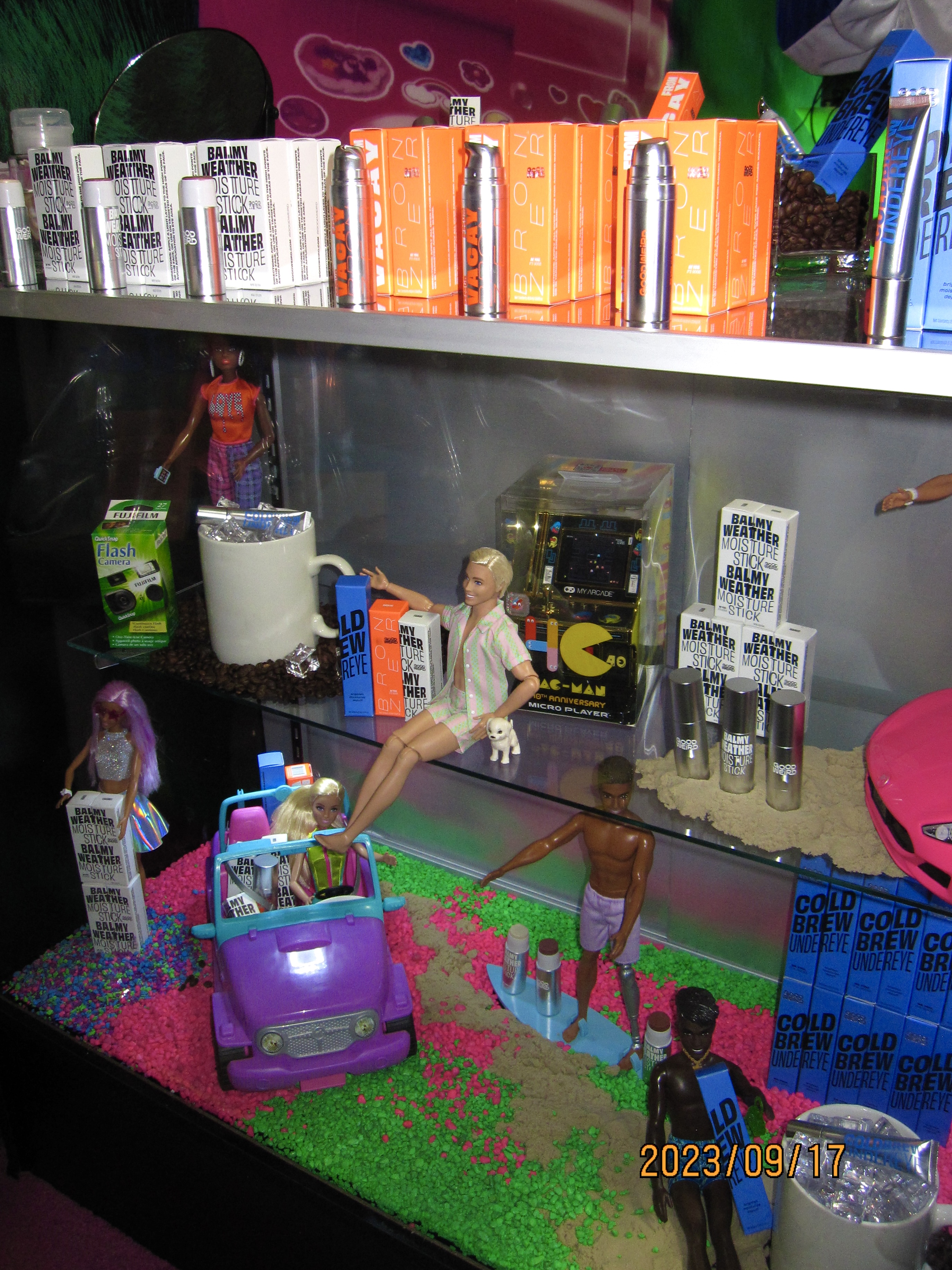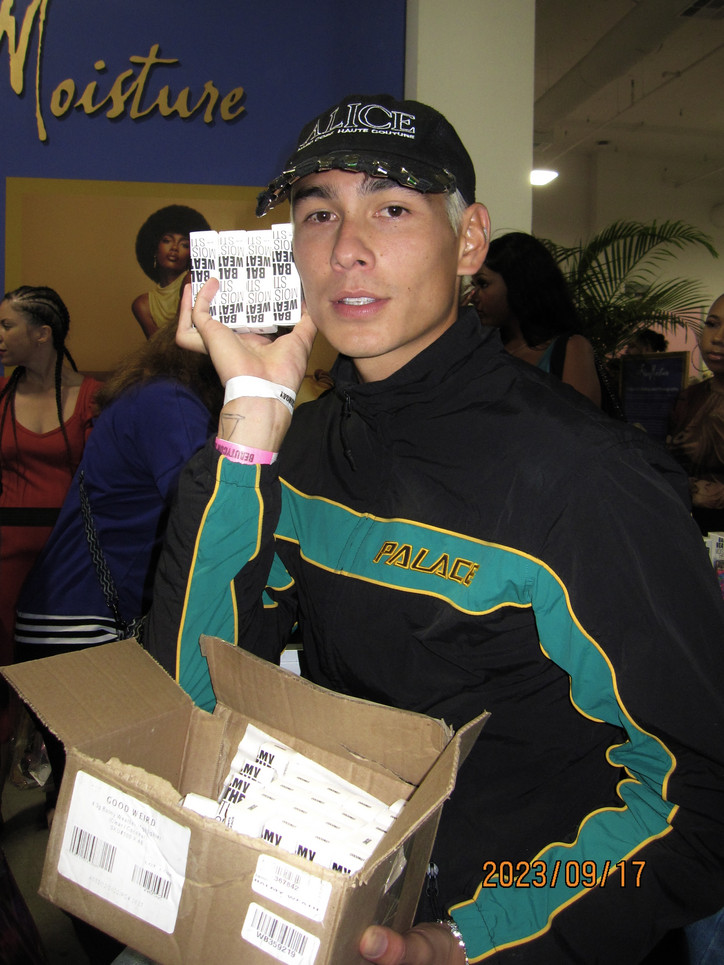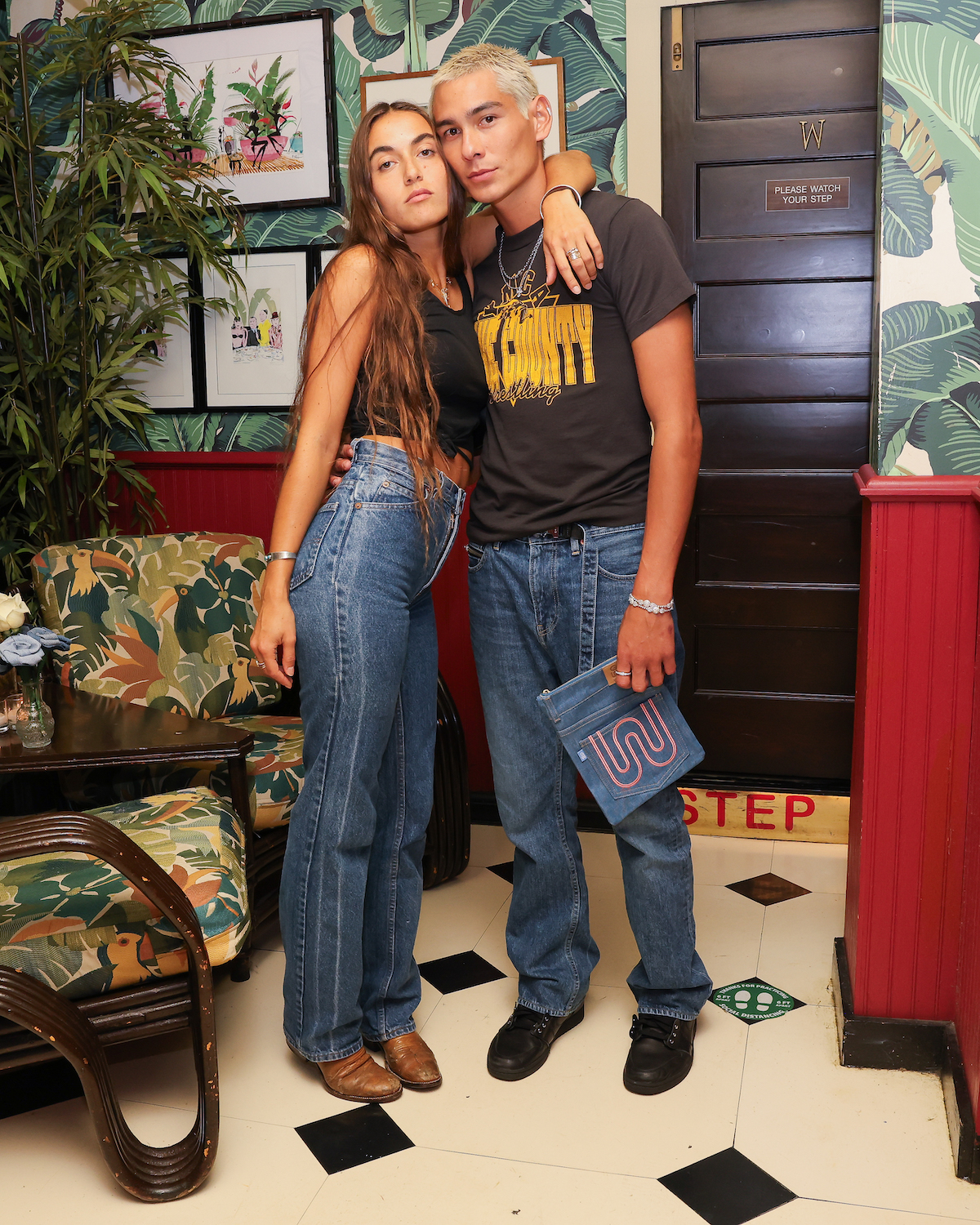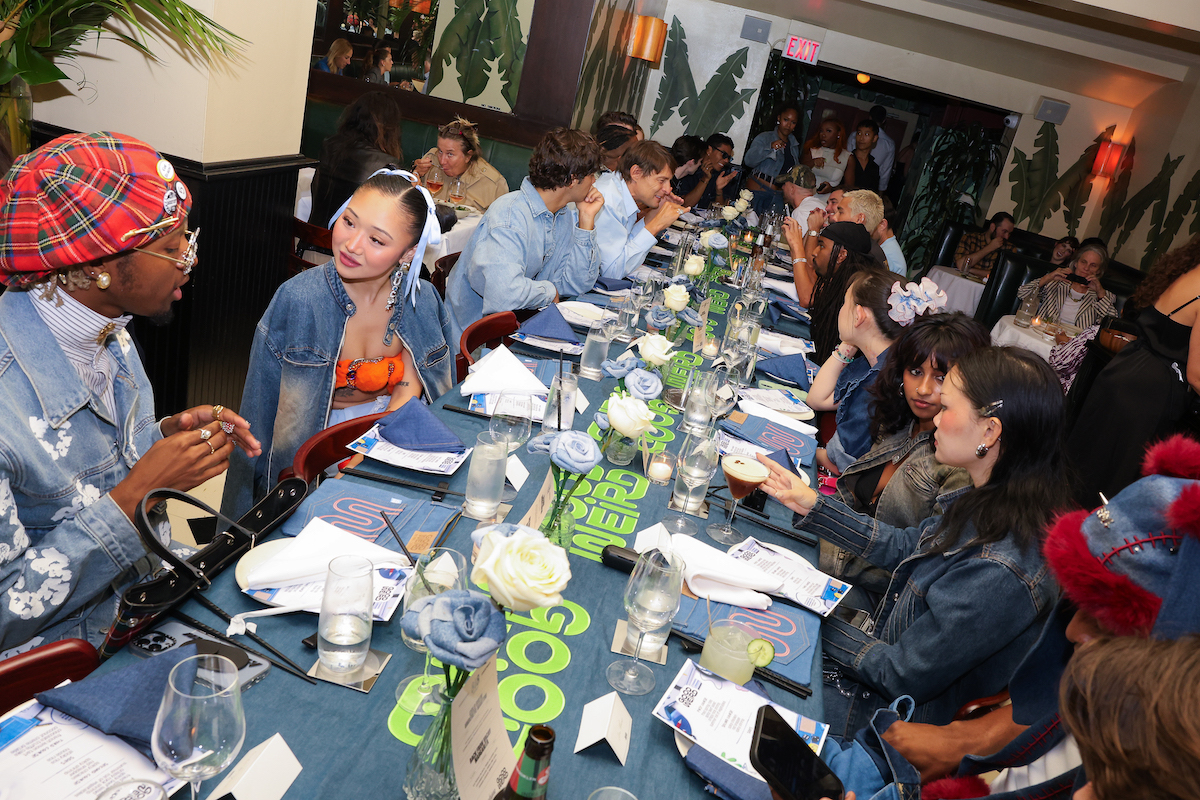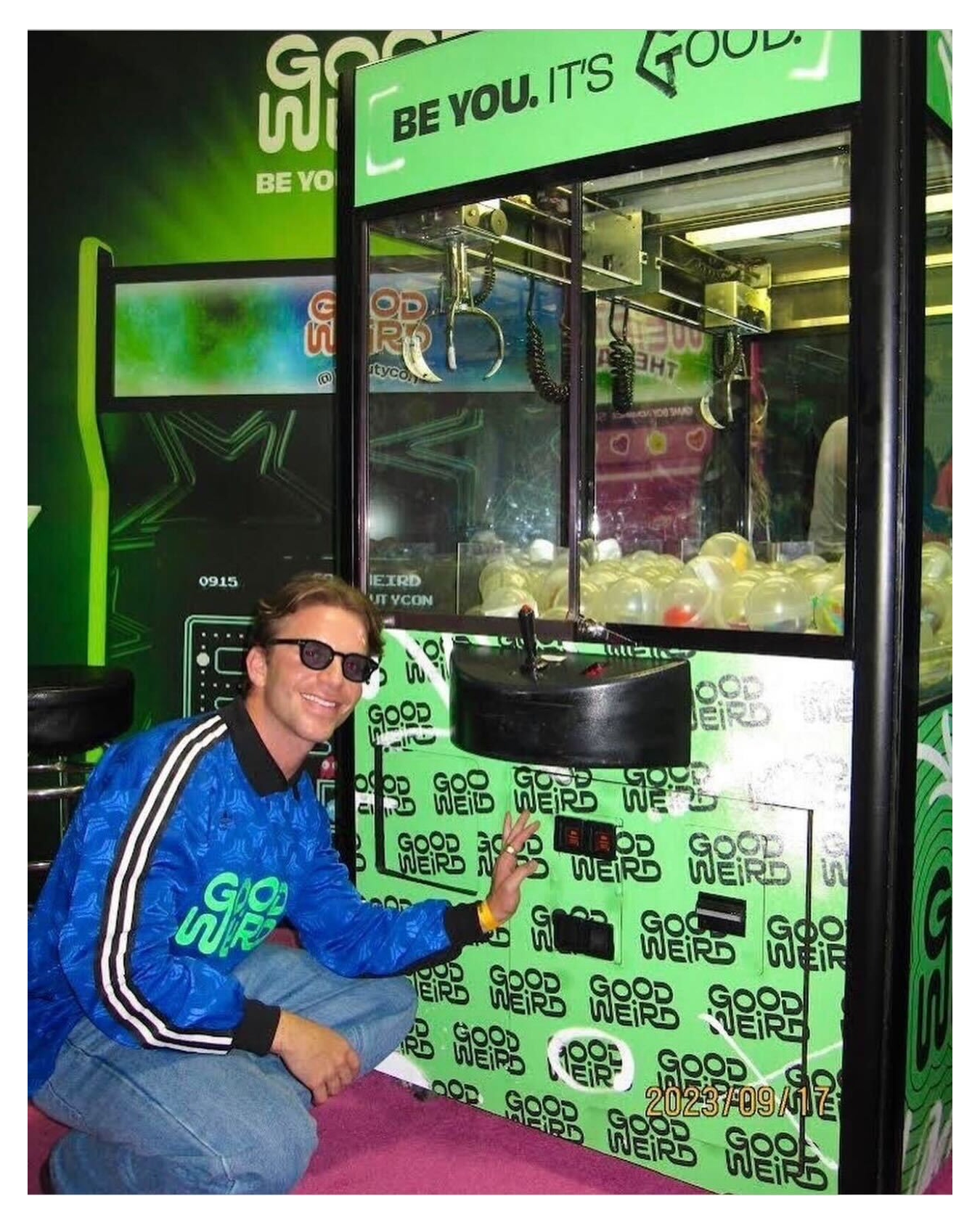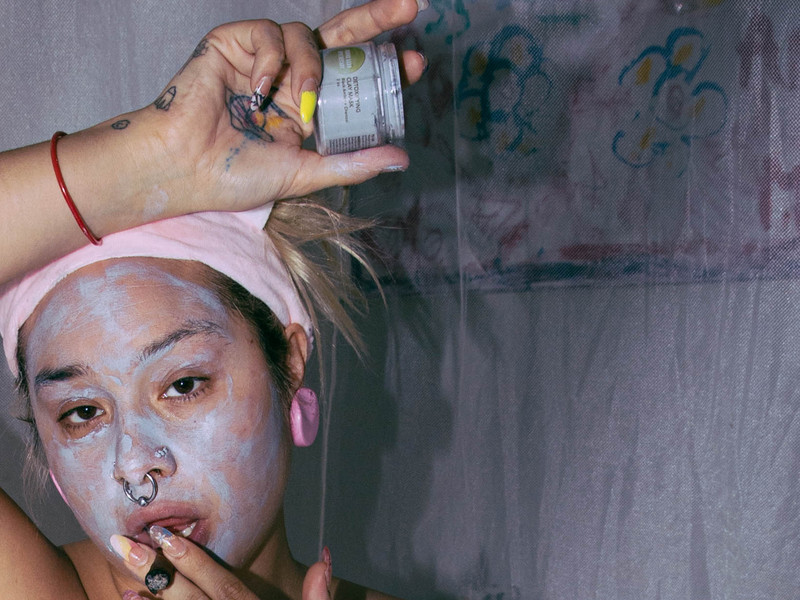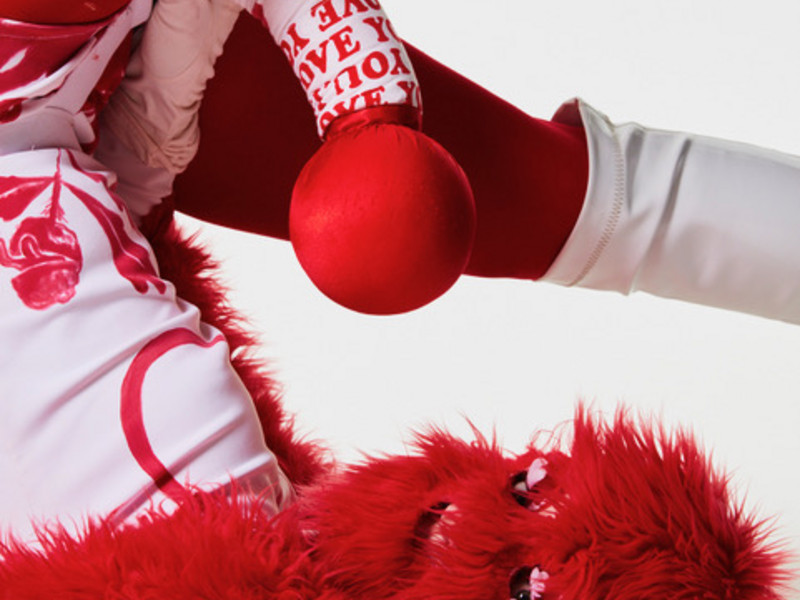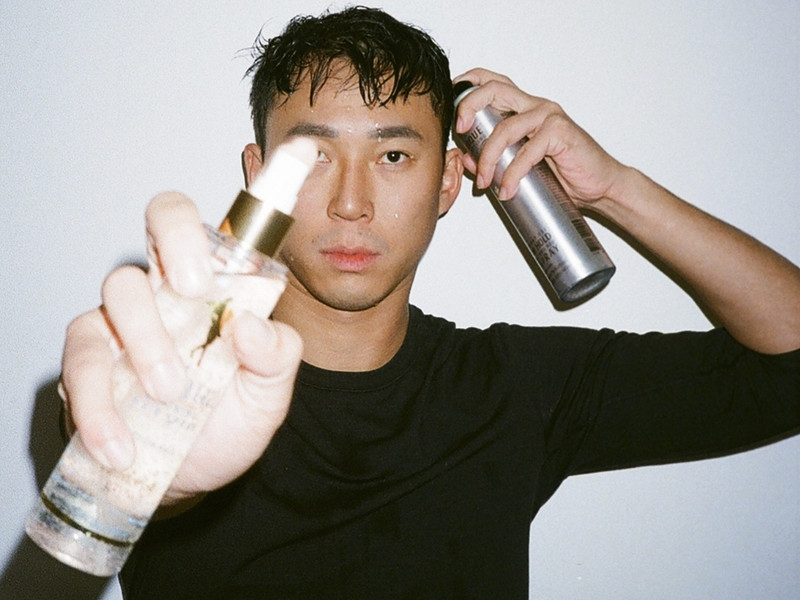Love for Our Mother
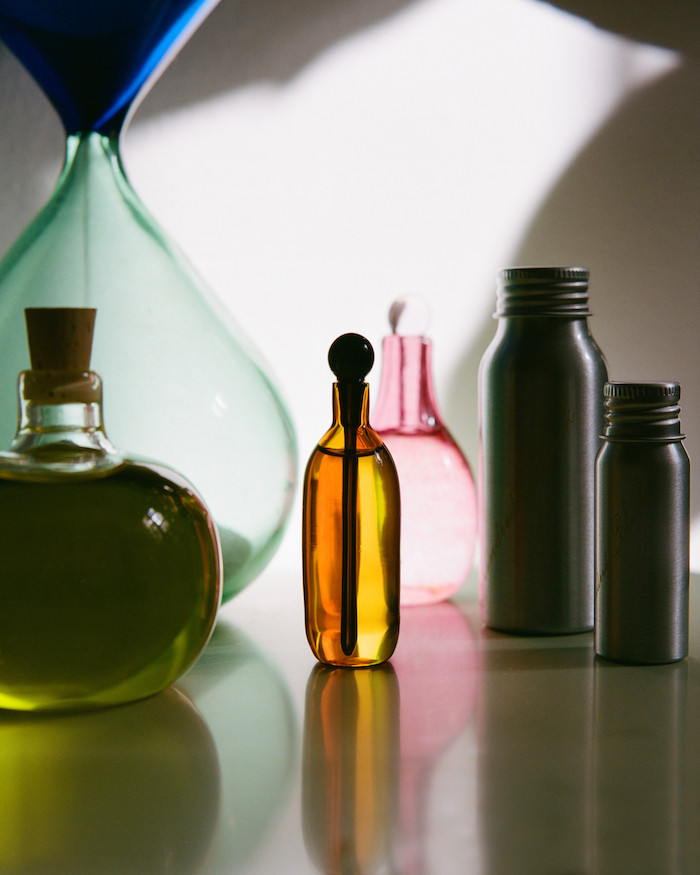
Throwing factory-produced recipes and excessive packaging to the wayside, the ethical beauty and scent brand collaborates with herbalists, farmers, and expert perfumers to create sustainable perfumes and cosmetics — while also marrying the worlds of art and beauty through their one-of-a-kind hand-blown glass vessels. Because beauty is truly an art, and we should decorate ourselves as worthy canvasses. office sat down with Kindred Black’s co-founders to discuss their unique process below.
What originally spurred you both to introduce a disruptive, apothecary-esque brand to the beauty scene?
Alice— I think it’s kind of age-old: I had this need in my own life and couldn’t figure out a way to fill that need in a way that aligned with my values. We’re both makeup and skincare lovers but with packaging being what it is, there was so much we didn’t feel right buying. We wanted an alternative where as much thought is put into the packaging as it is in the ingredients, where every single element of the line is considered.
Jen— We always said we’re not going to be the “please recycle this plastic bag” type of company — that’s such BS! Companies need to invest in alternatives so the public isn’t left guessing how to make their products more environmentally friendly. We spend a lot more money than we would have to if we just mass-produced bottles overseas and bottled up some pretty skincare. But we’re super anti-greenwashing — we want our behind-the-scenes to be 100% true to the ethics and values that we put out there to our community.
Your packaging — artisan-crafted glass bottles — really takes thoughtful production and consumption to the next level.
Alice— When we initially set out to design the collection, we envisioned a vanity with beautiful vessels, no branding, just pure oils and scents in colorful shapes and silhouettes. Life is already so cluttered; we think of the beauty routine as a quiet time, a private, sacred space. The entire line is plastic-free and every single item in the collection comes in an individually handblown glass vessel. Behind each bottle is an artist blowing out the glass, one by one. They’re not producing mass quantities; everything is designed to be treasured.
Tell me about the Kindred Black community. Not only do you work closely and travel to meet farmers and herbalists, but you also partner with artists and artisans for your one-of-a-kind glass bottles. What does this community mean to you?
Jen— They’re everything for us and we couldn’t have such a special line without them. We’ve met such extraordinary people doing this — a chemist turned perfumer who only creates using ancient methods of extraction with the flowers and plants that she grows. An herbalist that specializes in Sonoran Desert flora. Glass blowers from all over the country who show their work in museums and create our bottles one by one like unique sculptures. Even a collective in Mexico that creates bottles using glass from residents and restaurants because there is no municipal recycling. They all have different specialties, but our community shares a set of values when it comes to our planet.
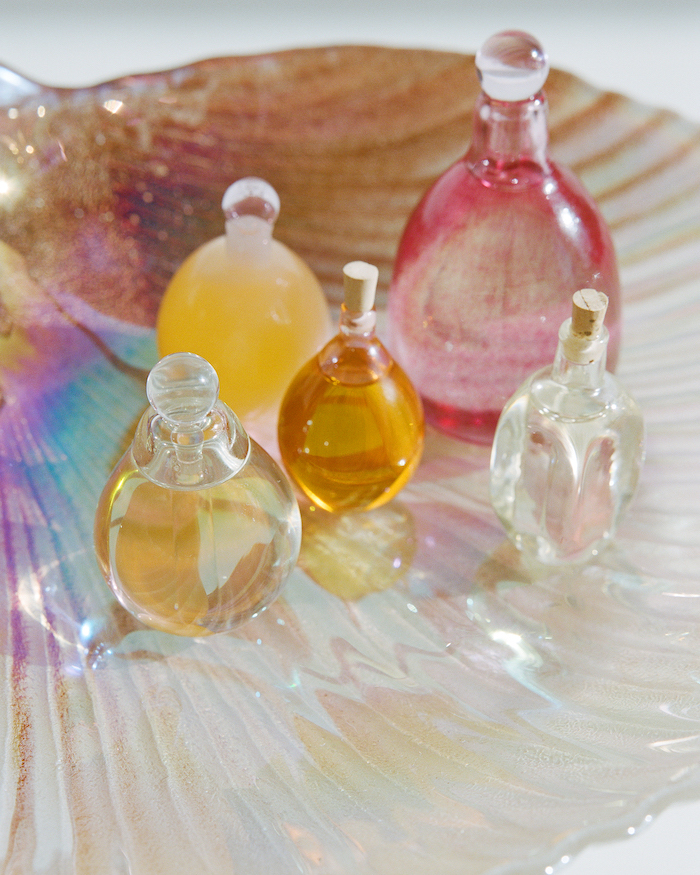
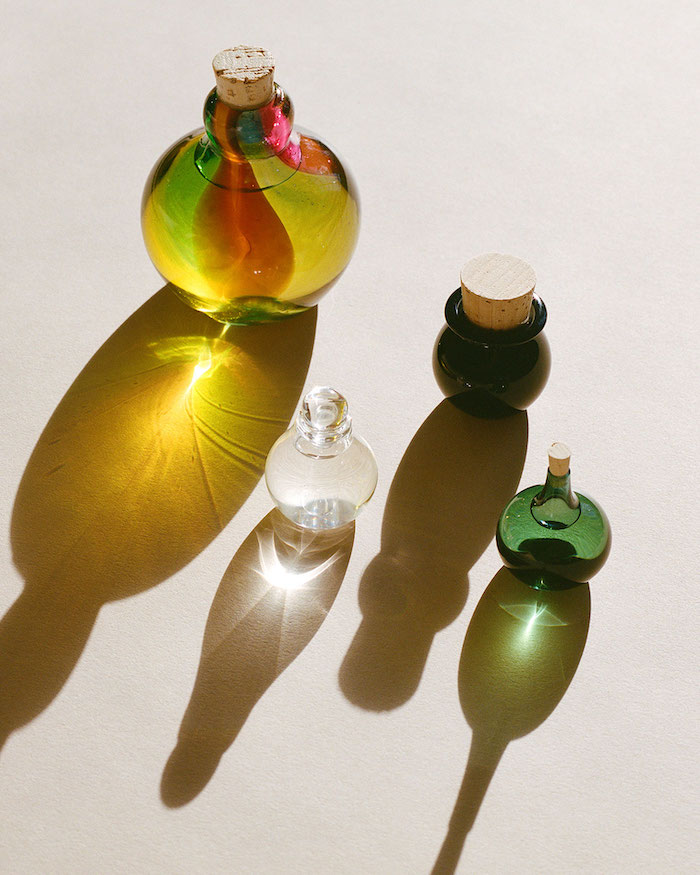
You also mentioned that the brand is historically rooted. How does the past inform every scent, cosmetic, or rich skin serum?
Alice— We’re both hugely into history and just curious people. When you start to look into it, some botanicals have been used for thousands of years to heal and scent the skin and as primitive cosmetics and ‘medicine,’ dating back to the earliest civilizations. People have always used what’s around them for beauty. Our formulas all start with who used this plant, what for, and whether or not there is a good reason to still use it on the skin. For example, our Aker Fassi lip and cheek pigment is a recipe that makes use of a dried poppy flower that North African Berber women have used as makeup for centuries. It’s a beautiful, flattering shade of berry red and we were just so taken by its place in history.
What is your favorite scent you have created to date?
Jen— This is hard — I love Earthly because it’s just so different from anything I’ve ever smelled. It’s like grassy damp moss and violet leaves but also has a lot of lilac enfleurage in it. Not many people use real lilac because it’s incredibly difficult and time-consuming to make and has a more subtle scent than say a jasmine or a rose. But real lilac is incredible and complex.
Alice— Delta Dawn is my current favorite. It's a classic floral rose but has real depth to it — an underbelly. The star ingredient is a night-blooming Damask rose that’s harvested before the sun rises. You can smell the cool night air, but also the warmth and muskiness of the jasmine oil, known as the perfume of love.
How does art play a role in Kindred Black? Many of the handmade bottles sold are antique or vintage-inspired. Where did that shared interest spur from?
Alice— We’re both big collectors, verging on hoarders, and have shelves and boxes full of trinkets and treasures we’ve picked up over the years — everything from piles of shells and rocks to antique Lalique perfume vessels, antiquarian snuff bottles, folk art liquor jugs, and on and on. We often find ourselves using an old glass piece as a jumping-off point — or a piece that we’re lusting after in an auction or Museum catalog. The halls of The Met are filled with incredibly beautiful glass perfumes and cosmetic tinctures that have survived millennia. Pre-plastic everything, in the early 20th century, many cosmetics were refillable and came in the most exquisite packaging — lipsticks in sterling silver canisters, blush in bejeweled compacts. They were practically pieces of jewelry. We like to think of our bottles as precious objects that people will hold on to and cherish as the years go by.
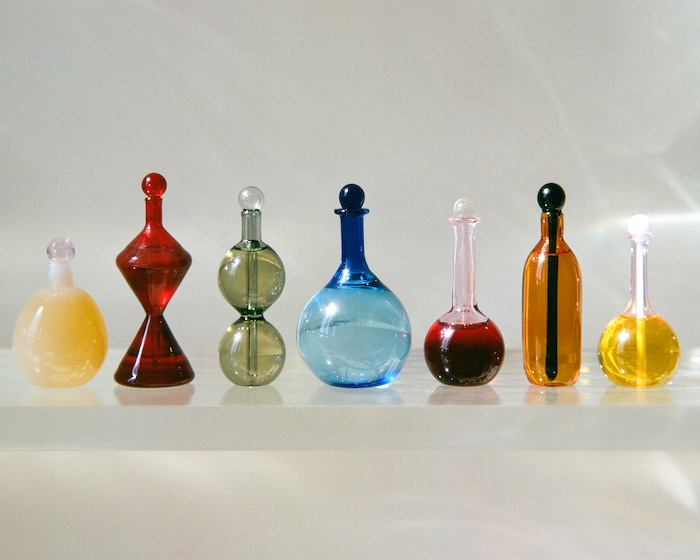
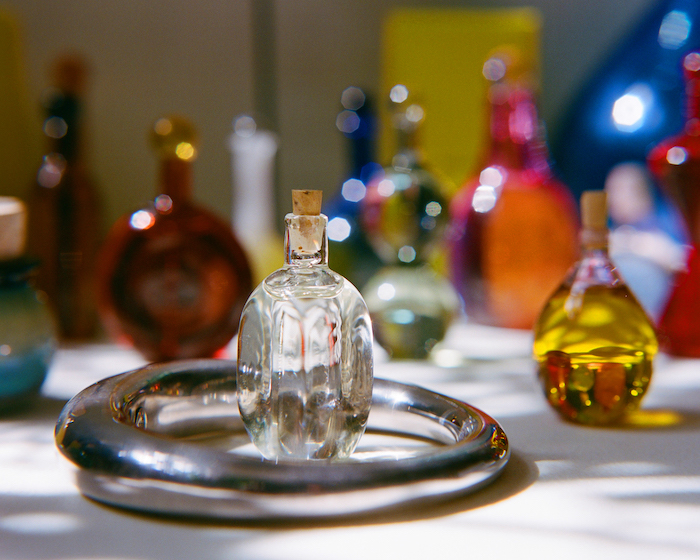
You just launched your refill program. How do you hope this sways the wider beauty industry?
Jen— We were really excited to start doing refills for our skincare — like I said, our bottles are like little, individually made sculptures. We chose aluminum for the refills because the necks are wide enough to clean the bottle out and aluminum is the most easily recyclable material. We’re hoping that if a tiny company like ours can spend the money and do it, more of these million and billion-dollar brands will start paying attention to their footprint. They have such power to create real change, it’s heartbreaking so many of them choose to sidestep the opportunity.
Tell me about one of the strangest ingredients you have worked with.
Jen— We made a light summer perfume and skin treatment once to benefit the Ocean Conservancy and infused the ingredients with sea salt from the Sea of Cortez. Not a strange ingredient but it definitely gave the scent a unique profile. We once gathered large sacks of rose petals from the world’s largest rose bush that sits inside the courtyard of an old hotel in Tombstone, AZ. We had a lot of grand ideas for it but the petals couldn’t be cleaned well enough to be made into anything marketable, so we had to give up on it. Sometimes these experiments fail!
Alice— Maybe the strangest right now is quite widely used for cosmetics by everyone from Chanel on down because it’s a safe alternative to chemical dyes. The rich berry red of Night Venom is from a pigment that is made from the cochineal beetle, an insect native to parts of North and South America. It’s actually a stain that has been used for centuries – Cleopatra is said to have ground up the beetle in beeswax to achieve her renowned red lips. The Aztecs also used the pigment for dyeing and painting, and it was then brought back to Europe with their Spanish colonizers.
You just celebrated eight years. What do you hope is in store for the next few and how do you hope to continue revolutionizing the beauty space?
Jen— We’re always looking to make things less wasteful in everything we do. There’s always room to improve. We’d like for our line to be 100% refillable and are working on bottle design tweaks that would make that achievable. We’d also love to expand the glass operation down the road and begin recycling our own glass. Our mantra is “love for our mother” and it informs everything that we do.
